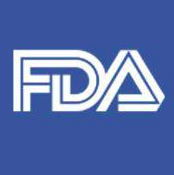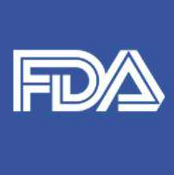In response to the U.S. Food and Drug Administration (FDA) issuing voluntary sesame labeling guidance to encourage manufacturers to label sesame in their ingredients list, Food Allergy Research and Education (FARE) has sent a letter to the agency explaining that this does not go far enough.
Lisa Gable, Chief Executive Officer, FARE, notes, “On behalf of the 32 million Americans who suffer from life-threatening food allergies, and the 1.5 million Americans allergic to sesame, FARE is disappointed in the FDA’s proposed guidance to industry regarding the ‘Voluntary Disclosure of Sesame as an Allergen’ issued on November 10. While the guidance is a step in the right direction, sesame needs to be recognized as the ninth top allergen and it must be labeled.”
FARE cites the following facts about sesame as evidence of why sesame labeling should be mandated:
• The prevalence of sesame allergies increasing as 1.5 million Americans are allergic to the popular ingredient according to the Prevalence and Severity of the Sesame Allergy in the United States study.
• The more than 4,800 comments submitted to FDA in 2018 asking the agency to label sesame in response to its “Notice, Sesame as an Allergen in Food, FDA-2018-N-3809” where thousands of individuals, including parents, asked FDA to protect their children.
• The horrifying stories of where accidental ingestion of sesame led to anaphylaxis and death. The latter prompted an outcry that changed UK labeling laws.
• The fact that sesame is used in hundreds of foods including bread, cereal, pizza, protein bars, salad dressing, and even ice cream, and that contrary to FDA’s assertion, many food manufacturers do not voluntarily include the word, “sesame” in its ingredient list as evidenced in a popular hummus product and candy corn.
FARE reminds FDA that food allergy consumers spend on average three to five minutes reading ingredient labels and depend on this information to make healthy and safe purchasing decisions. Based on feedback to FDA’s 2018 Notice on Sesame, FARE feels the agency should revise its proposed guidance to industry and mandate that sesame be labeled.
Not Far Enough: FARE Expresses Disappointment in FDA’s Proposed Voluntary Disclosure of Sesame as an Allergen




